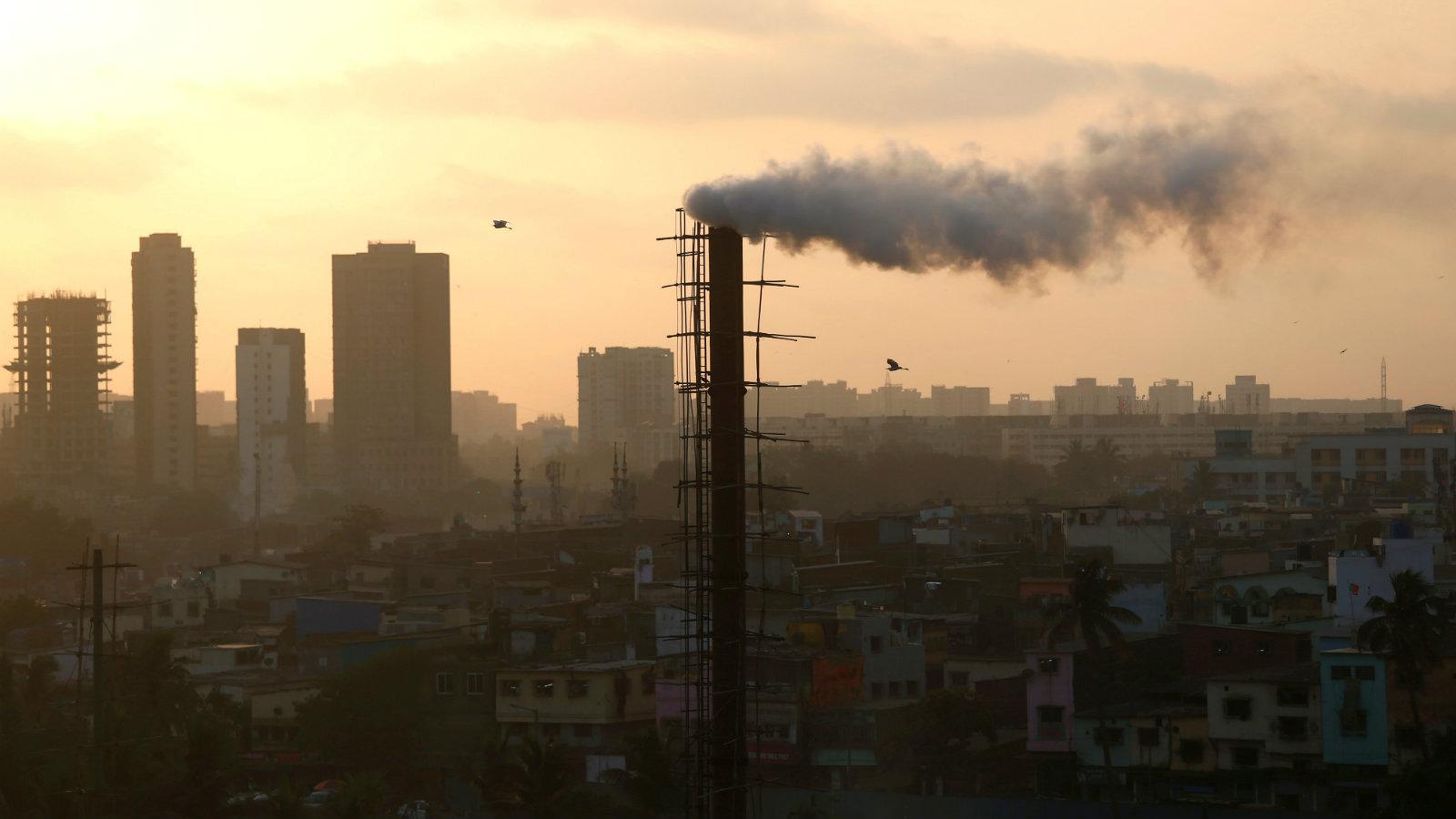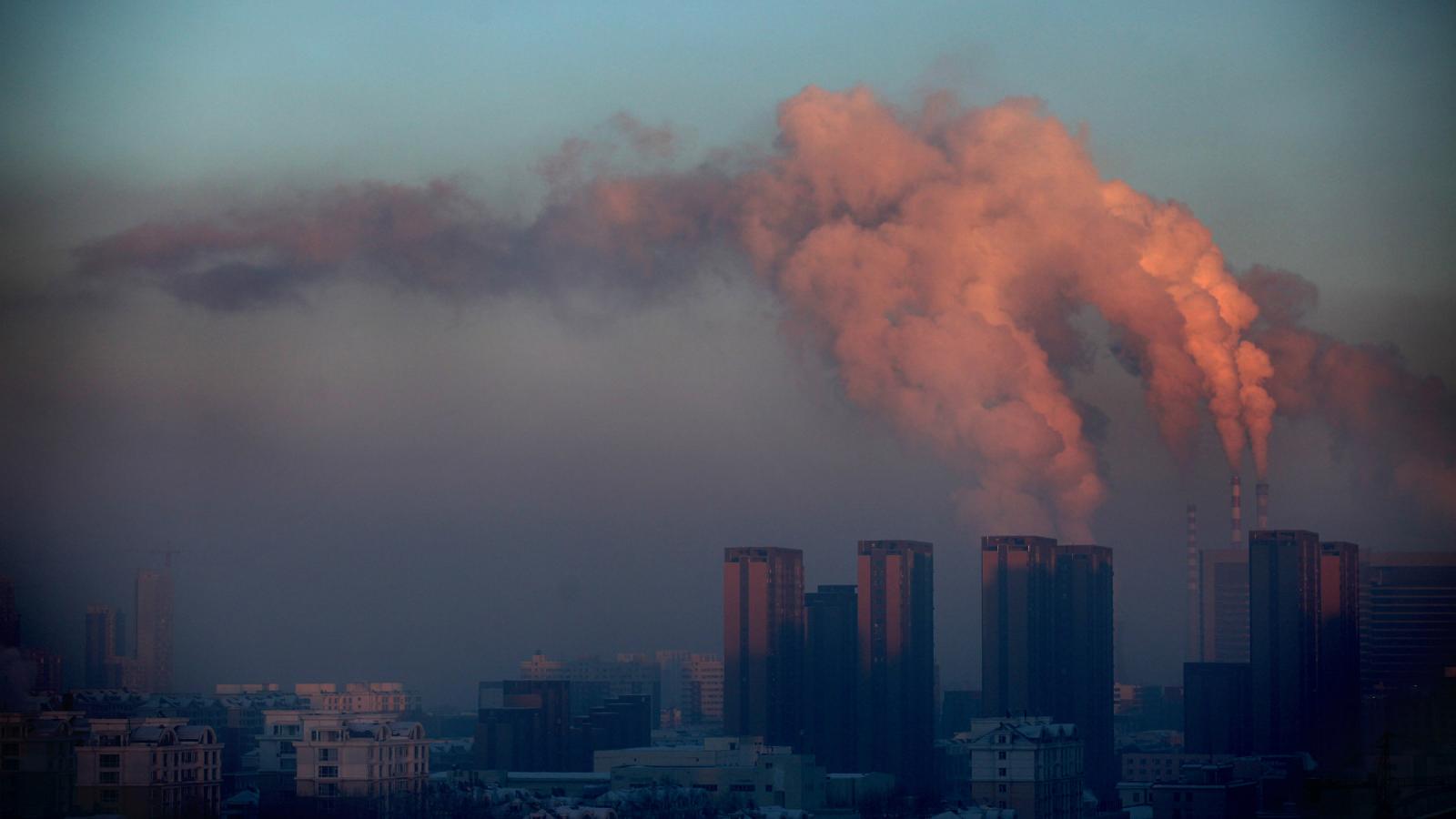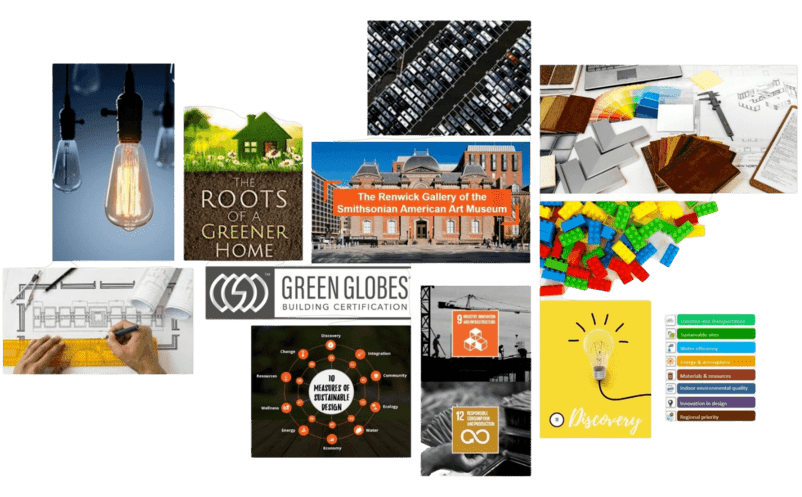Please Note: We have listed this article course as a flipbook on this page for those interested in auditing the course/lesson. If you need to report this course for Continuing Education (CE) or need a certificate, please enroll in the course or get a Platinum membership and access all our courses at your leisure. Enrolled students must take and pass the short quiz in order to earn CE credits. In addition, this course needs to be self-reported. Self-reporting information will be accessible once you complete the Quiz.
About
It can be difficult to decipher and piece together a broad picture when things are changing so rapidly. Learn about the current pollution and climate situation, how a country is able to outsource pollution and what that means for you with this LEED & AIA CE article. Brush up on the recent events and agreements the United States has taken part in and leave with an idea of how to have your voice heard.
What you can learn
- Understand the commitments the United States has previously made in regard to pollution, climate change and global environmental agreements and where we currently stand moving forward.
- Identify the various ways pollution might be outsourced, how common outsourcing pollution might be and how this impacts the development of clean energy production methods
- Explore the impacts of outsourcing pollution on the triple bottom line-people, planet and profit.
- Understand the role of sustainability professionals in the current political environment with regard to outsourcing pollution.
Course Content







This was indeed a quick and easy way to know about how developed countries are trying to outsource pollution. Indeed very informational!
The fact that developed countries are outsourcing pollution in the name of helping the developing countries with more manufacturing work is upsetting. Being developed, they should come up with green technology or at least work towards it, rather than simply involving the developing countries in the racket.
This way only one thing increases: pollution, which will lead to a compromise in human health and environment.
More and more people should take up this course and raise the question “Are Developed Countries Outsourcing Pollution?”
Thank you GBRI for such a wonderful course!
I would disagree with the article on one point in the final section: the dilemma of social progress (jobs creation, poverty alleviation) facilitated by outsourcing pollution is pitting the current generation against the quality of life of not only future generations but itself also. The previous section articulates the ongoing health impacts of electronics manufacture and waste handling by factory and formal/informal recycling workers (including children) in developing countries being endured out of desperation or accepted employment in these sectors.
This is eye-opening. We need to consider these in assessing the overall environmental impacts of a country.